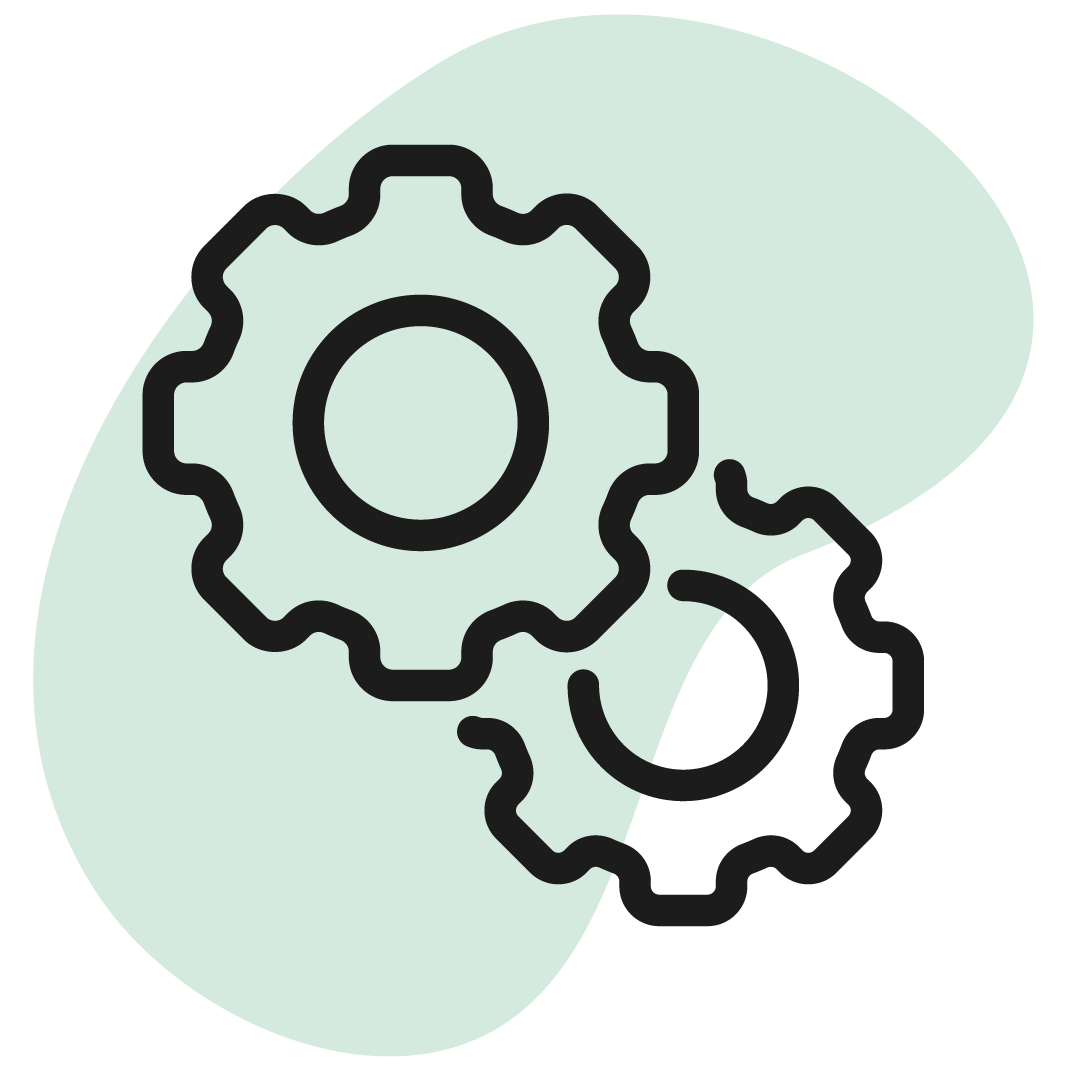
Stage Managers work with Actors, Stagehands, Designers and Technicians. They communicate with the Director and Producer to ensure production runs smoothly.
Stage Manager Job Description
- Coordinate with Designers and Craftspeople to provide the resources they need.
- Convey information from the Director to Designers and Craftspeople.
- Schedule and oversee rehearsals and production.
- Plan set transitions and give instructions to Stage Crew during performances.
- Give cues to Performers during the show.
- Manage furniture and props on set, ensuring they are in place during shoots and kept in their places after wrap-up.
- Arrange costume and wig fittings for Performers.
Note
Stage Managers are not limited to the theatre. They also manage dance performances and concerts. Orchestral Stage Managers have similar responsibilities, but they would need to be knowledgeable and passionate about classical music.
What you should know about Stage Manager jobs in Singapore
Nature of Work
You coordinate rehearsals, manage the Technical Crew and keep detailed notes to maintain the Director's vision.Key Advice
You will need to be flexible in your working hours. As a Stage Manager, you might need to work at night or during weekends for productions.-
Entry RequirementsEntry Requirements
- Requires a Higher Nitec with at least 3 years of work experience or a Diploma in Arts Management / Theatre Production or equivalent.
- Have prior work experience in the industry, seek out apprenticeships or internships in the field.
- Have a sharp eye for detail and cohesive design as you will be managing most of the logistical affairs backstage.
-
Possible PathwayPossible Pathway

Skills you need to pursue a Stage Manager career in Singapore
 Hard Skills
Hard Skills
Business Management
Navigate budgets, schedules, and resources to keep productions on track.Computing Software
Utilise software for scheduling, design, and communications, keeping the team synced.Administrative Skills
Manage contracts, paperwork, and logistics, ensuring every detail is in order.Self-Management
Juggle multiple tasks with finesse, staying ahead in a fast-paced environment.Attention to Detail
Catch the smallest inconsistencies, guaranteeing flawless performances.Communication
Relay information clearly, coordinating between Directors, Actors, and Crew.Related Job Roles
Explore Other Programmes
Browse AllYou have bookmarked your first item!
Find it in My Discoveries with insights on your interests!



